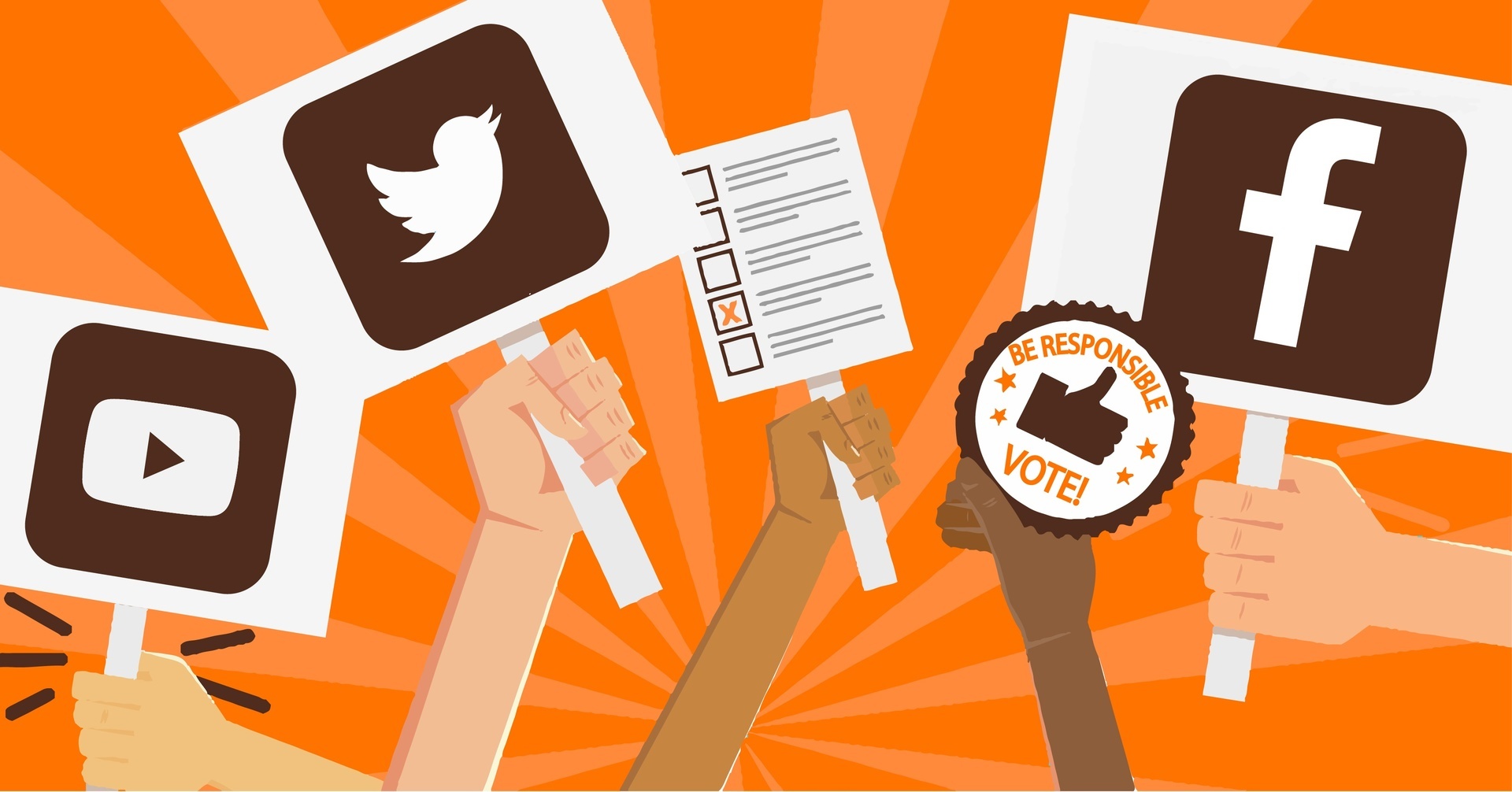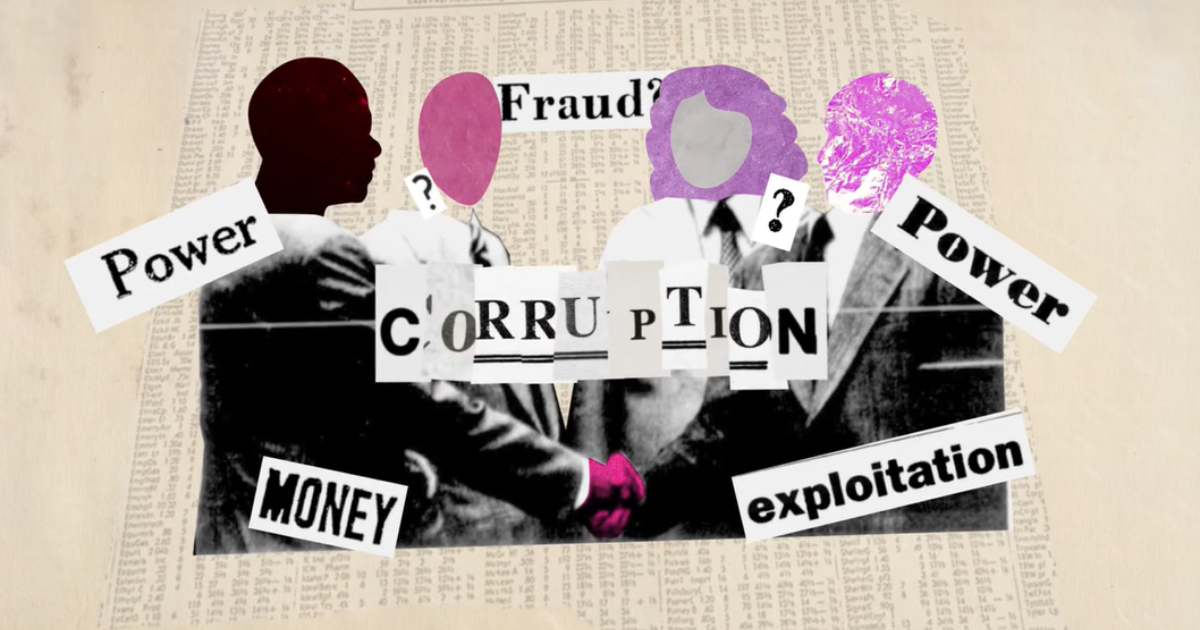Social Media Politics Impact - Analyzing the Influence
Explore the profound impact of social media on politics and political discourse. Discover how social platforms shape modern politics

The Power and Perils of Social Media in Politics: Navigating the Digital Age
In the age of digitization, social media platforms have emerged as powerful tools that have revolutionized the way we communicate, gather information, and engage with the political landscape. The impact of social media on politics and political discourse is profound and multifaceted. While these platforms have democratized access to information and enabled greater political participation, they have also given rise to concerns about misinformation, polarization, and the erosion of traditional political norms. In this blog post, we will delve into the complex interplay between social media and politics, exploring both the positive and negative consequences of this evolving relationship.
Democratization of Information
One of the most significant impacts of social media on politics is its role in democratizing access to information. In the past, information was primarily controlled by traditional media outlets, limiting the diversity of voices and perspectives. However, social media platforms have leveled the playing field, allowing anyone with an internet connection to share and consume information.
a. Citizen Journalism: Social media has empowered ordinary citizens to become "citizen journalists" by enabling them to report on events in real-time. This has led to the rapid dissemination of news and has exposed incidents that might have otherwise gone unnoticed.
b. Grassroots Mobilization: Political movements and campaigns can now reach a global audience through social media. Grassroots organizations can mobilize supporters, raise funds, and coordinate activities more effectively.
Political Engagement and Awareness
Social media has redefined political engagement by making it more accessible and interactive. Citizens can engage with political figures and parties, participate in discussions, and stay informed about political developments with unprecedented ease.
a. Increased Voter Turnout: Social media campaigns aimed at voter registration and mobilization have played a role in increasing voter turnout, particularly among younger generations.
b. Political Transparency: Politicians and government officials are now under greater scrutiny due to the transparency brought about by social media. They are often held accountable for their actions and statements through public discourse on these platforms.
Echo Chambers and Polarization
While social media has opened up new avenues for political engagement, it has also contributed to the formation of echo chambers and the exacerbation of political polarization.
a. Filter Bubbles: Algorithms on social media platforms tend to show users content that aligns with their existing beliefs and preferences. This can create filter bubbles where individuals are exposed to a limited range of perspectives, reinforcing their pre-existing views.
b. Polarization: The ease with which misinformation can spread on social media can contribute to political polarization, as individuals become more entrenched in their positions and less willing to engage with opposing viewpoints.
Disinformation and Misinformation
The rapid spread of false or misleading information on social media has become a major concern for modern democracies.
a. Fake News: Social media platforms have been used to disseminate fake news stories and conspiracy theories, which can have real-world consequences, such as undermining trust in institutions and even inciting violence.
b. Deepfakes: The rise of deepfake technology makes it possible to create highly convincing fake videos and audio recordings, further blurring the line between truth and fiction in the political sphere.
Privacy and Data Security
The collection and use of personal data on social media have raised important questions about privacy and data security in the political context.
a. Targeted Advertising: Political campaigns and interest groups use data analytics to target specific demographics with tailored messages. This has raised concerns about the manipulation of voters and the erosion of privacy.
b. Foreign Interference: Social media platforms have been used by foreign actors to influence political outcomes in other countries, often through the spread of disinformation and divisive content.
Regulation and Social Media Governance
In response to the growing concerns surrounding the impact of social media on politics, there has been a call for increased regulation and improved governance of these platforms.
a. Content Moderation: Social media companies have implemented policies to address the spread of misinformation and hate speech. However, the challenge lies in striking the right balance between free speech and preventing harm, and there is an ongoing debate about the role of these companies in policing content.
b. Data Privacy: Governments and regulatory bodies are working to establish stricter data privacy laws to protect users' personal information. The European Union's General Data Protection Regulation (GDPR) is a notable example of such efforts.
c. Transparency in Political Advertising: Some countries have introduced laws requiring greater transparency in political advertising on social media, making it easier for users to identify the source and funding behind political ads.
Media Literacy and Digital Citizenship
As social media becomes an integral part of our political discourse, it is essential to equip citizens with the skills to navigate the digital landscape responsibly.
a. Media Literacy: Educational programs and initiatives are needed to promote media literacy, critical thinking, and fact-checking skills among citizens. These skills are crucial for discerning reliable information from misinformation.
b. Digital Citizenship: Encouraging responsible online behavior and ethical engagement in political discussions is part of promoting good digital citizenship. This includes respectful dialogue, avoiding the spread of false information, and engaging with diverse viewpoints.
Civic Tech and Innovation
In addition to addressing the challenges posed by social media, there is also an opportunity to leverage technology for the betterment of political discourse.
a. Civic Tech Solutions: Civic tech initiatives are emerging to harness the power of technology for civic engagement and transparency. These include platforms for tracking legislation, tools for contacting elected officials, and apps for voter registration.
b. Fact-Checking and Verification: Technology can be used to develop more sophisticated fact-checking tools and verification methods to combat misinformation more effectively.
International Cooperation
Given the global nature of social media, addressing its impact on politics requires international cooperation and coordination.
a. Diplomatic Efforts: Countries must work together to combat foreign interference in their domestic politics through social media. Diplomatic efforts and information sharing are essential in countering these threats.
b. Global Standards: The development of global standards and norms for social media governance can help ensure consistency in addressing issues such as hate speech, disinformation, and data privacy.
The impact of social media on politics and political discourse is a double-edged sword, with both positive and negative consequences. It has democratized information, engaged citizens, and exposed political leaders to greater scrutiny, but it has also fostered echo chambers, spread disinformation, and raised privacy concerns. As we move forward, society must confront these challenges head-on through regulation, media literacy, and technological innovation.
The evolving relationship between social media and politics requires a holistic approach that involves governments, tech companies, educators, and citizens themselves. By fostering a culture of responsible digital citizenship, implementing effective regulations, and harnessing technology for the greater good, we can hope to maximize the benefits of social media while minimizing its pitfalls. In doing so, we can work toward a future where social media serves as a powerful force for democracy, fostering informed and constructive political discourse.
What's Your Reaction?















